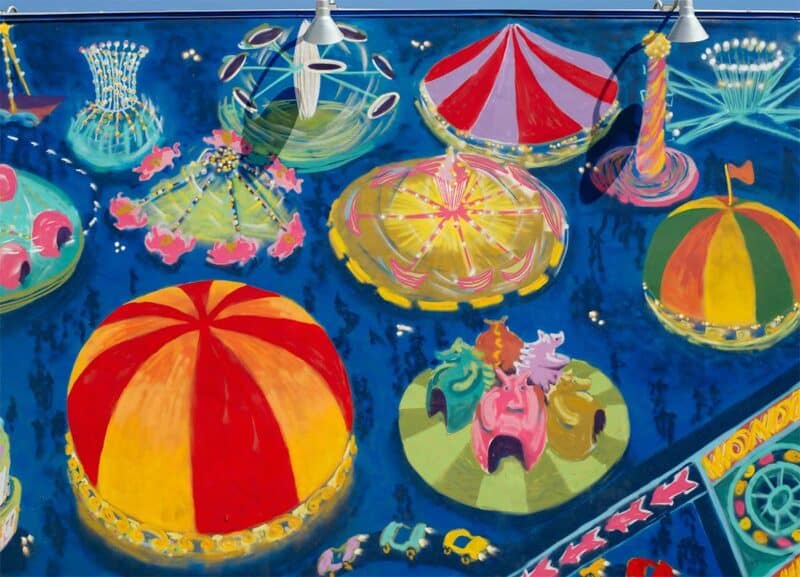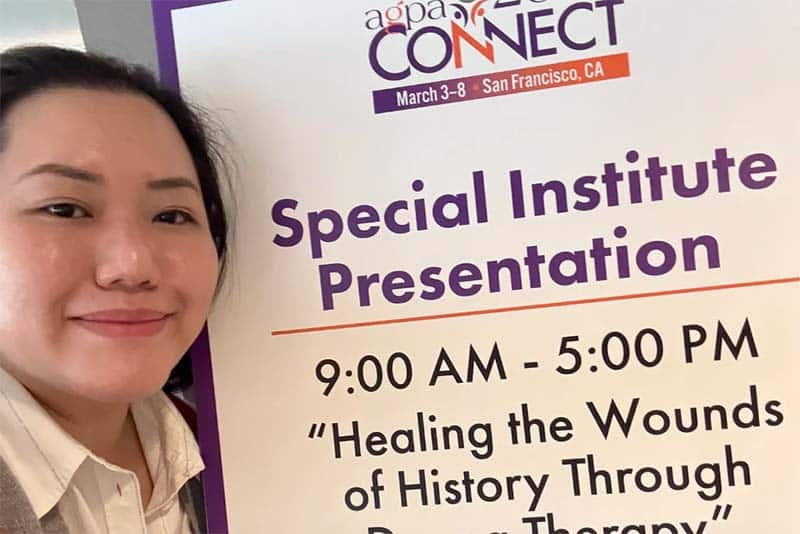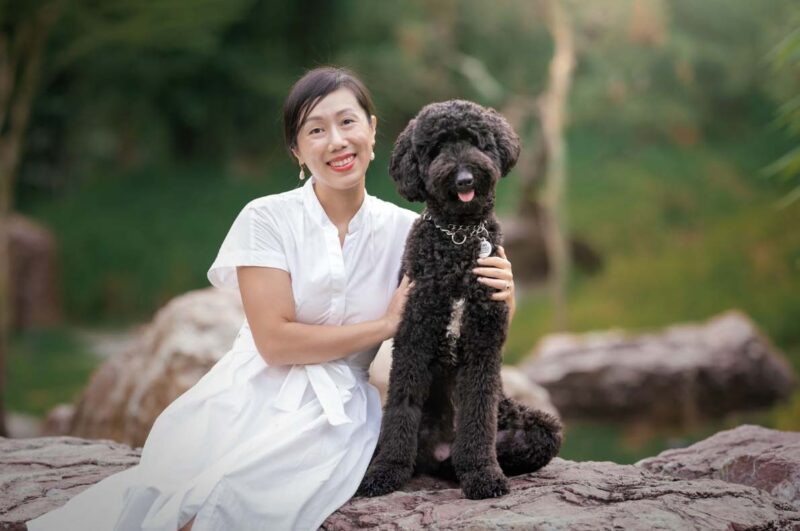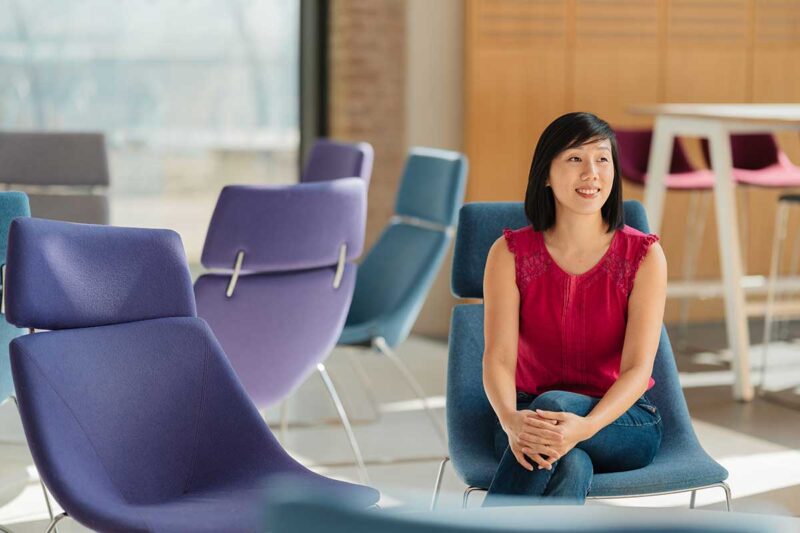Why did I choose to be an existential psychotherapist? Over the years, I have been asked this question numerous times . After all, this is a less popular field within counseling in Asia, much less Singapore.
Honestly, I have often found it difficult to answer this question. It is not that I do not know how it all happened. I just struggled with how to start. It was not a single moment that decided it. Many things happened that slowly showed me that it was what I wanted to do. And to write it all out will probably take me more than an article.
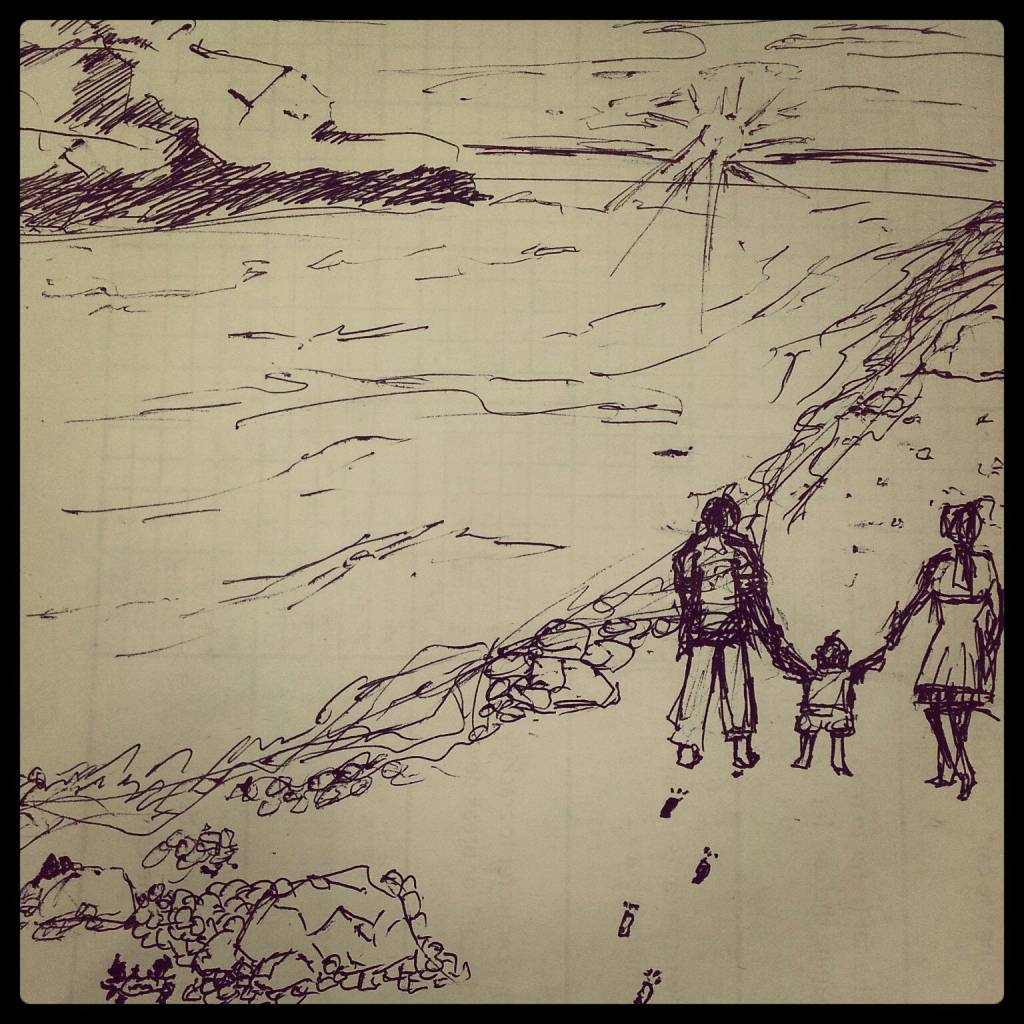
So I thought I will allow the younger me answer this question.
I picked up the habit of journaling for the last 7 years. For a while now, I have wanted to go back to read my older entries. And I came across an entry back in 2013. At a time when I was seriously contemplating a doctorate in existential psychotherapy versus other modalities.
So here it goes. Unedited.
14.4.13
I’ve always thought that understanding ourselves requires us to go deep within and back to the past to discover why we act a certain way. Well, to a great extent, it is true. But I’m slowly learning that it is only useful insofar as it will help us in our current situation.
Why do I believe in existential psychotherapy much more than other forms of therapy? what do I like about it?
One, it is philosophical in nature. I’ve always been drawn to philosophy. How should one lead a meaningful life? what are some virtues that everyone should possess? These are just some questions that are close to my heart. And I particularly like the focus on freedom and isolation within existential therapy.
Also, unlike Freudian’s model of biological conflict or neo-Freudian’s model of a conflict between oneself and his/her culture or environment, existential psychotherapy focus on the meaning of our existence. Well not that I reject the other two models but I think that the existential model is more holistic. It looks at a person’s life with the use of different lenses. Spiritual, biological, religious and our experience.
The focus on a person’s experience instead of his behaviour alone is what draws me most to existential psychotherapy. We can look at a person from many lenses- diagnostic disorders, behavioural patterns, chemical imbalance, biological defect or cognitive schema etc. But we haven’t studied someone based on his experience.
Shouldn’t that be the most important aspect? Which is more important? Our theories of that person or the person itself?
Yes, science and technology has been advancing at lightning speed. Science has helped us understand our world or bodily phenomenon. But we have been so focused on our left brains and neglecting our right brain functions- subjectivity. It is just as important as all the hard facts and empirical observations.
Existential therapy allows me to do just that- seeing persons not for what they should be but who they really are.
About the Author
Hi, I'm Mag: a UKCP-accredited counselling psychologist and founder of Singapore’s first ever existential practice. My care philosophy is not to diagnose, label, or categorise but rather to work with the individual in front of me in the here and now.
My clinical credentials certainly play a significant role in defining my professional identity. But to foster a deeper connection and authenticity, I invite you to discover my other “Selves”, the various facets of who I am.



